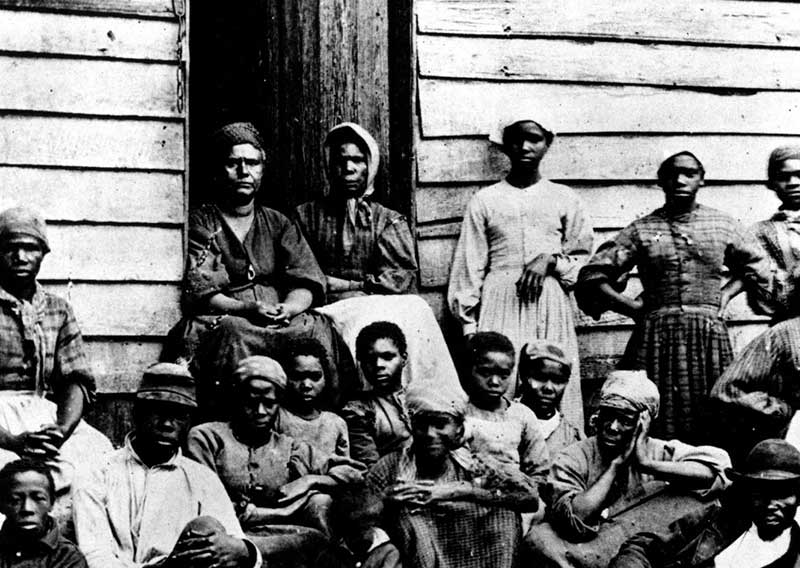This year’s Juneteenth comes against a backdrop of African-Americans suffering from COVID-19 deaths
Some prominent U.S. businesses are giving workers Friday, June 19, also known as Juneteenth, as a paid day off, a gesture to recognize the liberation of slaves during the Civil War.
This year, Juneteenth takes on heightened significance after President Joe Biden signed a bill Thursday that was passed by Congress to set aside Juneteenth, or June 19th, as a federal holiday. “I hope this is the beginning of a change in the way we deal with one another,” he said.
The Senate approved the bill unanimously; only 14 House Republicans — many representing states that were part of the slave-holding Confederacy in the 19th century — opposed the measure.
The national reckoning over race helped set the stage for Juneteenth to become the first new federal holiday since 1983, when Martin Luther King Jr. Day was created.
The bill was sponsored by Sen. Edward Markey, D-Mass., and had 60 co-sponsors. Bipartisan support emerged as lawmakers struggle to overcome divisions that are still simmering following the police killing last year of George Floyd in Minnesota.
Supporters of the holiday have worked to make sure Juneteenth celebrators don’t forget why the day exists.
“In 1776 the country was freed from the British, but the people were not all free,” Dee Evans, national director of communications of the National Juneteenth Observance Foundation, said in 2019. “June 19, 1865, was actually when the people and the entire country was actually free.”
There’s also sentiment to use the day to remember the sacrifices that were made for freedom in the United States — especially in these racially and politically charged days. Said Para LaNell Agboga, museum site coordinator at the George Washington Carver Museum, Cultural and Genealogy Center in Austin, Texas: “Our freedoms are fragile, and it doesn’t take much for things to go backward.”
The term Juneteenth is a blend of the words June and nineteenth. The holiday has also been called Juneteenth Independence Day or Freedom Day.
June 19, 1865, was the day U.S. Army Major General Gordon Granger traveled to Galveston, Texas, to announce the Civil War was over and that slavery had ended. That day, many African-Americans were unaware that Congress had passed the 13th Amendment, which abolished slavery, six months earlier.
More than a century later, state governments began commemorating Juneteenth — shorthand for June 19th — as a holiday. Texas was first to do so in 1980. Most states now observe the day, with the exception of Hawaii, North Dakota and South Dakota.
“Juneteenth not only marks the end of slavery in the United States, but it also symbolizes freedom — a freedom that delayed, and brutally resisted; and though decades of progress followed, a freedom for which we continue to fight,” Goodell said in a League-wide email.
Juneteenth this year is Saturday, June 19. At least one city will use the day to a host a virtual festival. Other cities have canceled Juneteenth parades due to the coronavirus pandemic.
This year’s Juneteenth comes against a backdrop of African-Americans suffering from COVID-19 deaths, massive unemployment from the coronavirus recession and loss of business ownership at a higher rate than whites. Black communities, as well as millions of protesters around the U.S., are also demanding criminal justice reform following the deaths of George Floyd and Breonna Taylor at the hands of police and the murder of Ahmaud Arbery.
Image Sources
- Juneteenth: Vox.com







